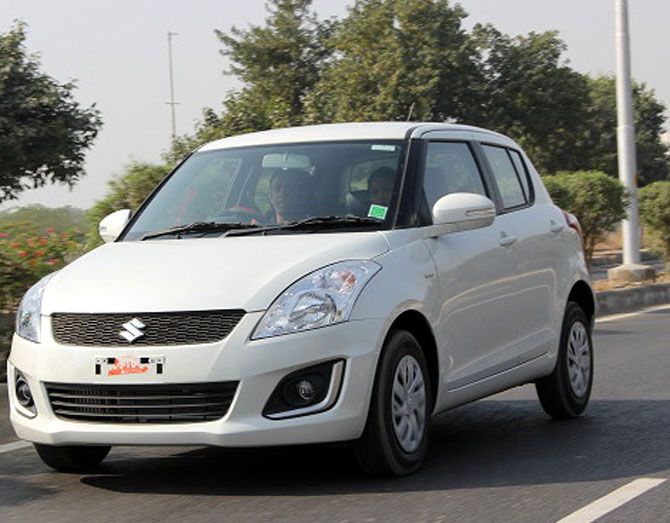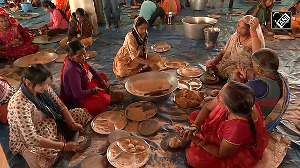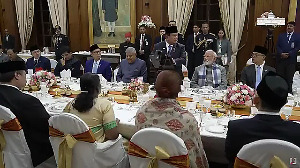One litre of petrol now costs Rs 64.76 while the diesel price is Rs 54.70 a litre in Delhi

Arun Kumar, a Delhi resident, is planning to buy his second car. Four years ago, he opted to buy a diesel-powered Maruti Suzuki Swift.
The decision was driven by a steep price gap of Rs 30 between a litre of petrol and diesel. The situation has completely changed in 2016, making Kumar look for a petrol-run car. Buyers like Kumar are also wary of the tightening regulatory environment against diesel cars.
In 2010, the low price of Rs 41 for a litre diesel and the higher mileage offered by the fuel translated into a running cost of Rs 1.60 every km for Kumar, less than half the amount of Rs 3.40 he might have incurred in a petrol Swift.
To recover the premium of Rs 1.25 lakh that he paid to buy the diesel Swift over a petrol one, he needed to run his car for at least 69,400 km. Given an average run of 15,000 km a year, Kumar would have recovered the premium paid in four years and seven months.
The mathematics has changed now. The gap between petrol and diesel has narrowed in the past year from Rs 18.35 to Rs 10 a litre. If Kumar opts for a diesel car now, he will not enjoy the same low cost of driving and, therefore, it will take him much longer to recover the premium paid for a diesel car.
One litre of petrol now costs Rs 64.76 while the diesel price is Rs 54.70 a litre (Delhi).
At today’s prices, the per-km driving cost (assuming Kumar’s second car is also a Swift) for him will be Rs 3.18 for a petrol car and Rs 2.17 for a diesel vehicle.
The small price advantage of Rs 1.01 for every km means Kumar will now need to drive his car for 123,700 km to recover the extra Rs 1.25 lakh paid for the diesel variant. This also means it will take him eight years and three months to recover the Rs 1.25 lakh additional cost of a diesel Swift.
Therefore, it is not just the regulatory environment that is creating challenges for the diesel car market in the country. The rapidly narrowing gap between petrol and diesel price is also a factor.
The change will manifest itself in increasing demand for petrol cars and upset the production plans of car makers. According to Society of Indian Automobile Manufactures (Siam) data, the share of diesel variant in new cars fell to a low of 26 per cent May against 52 per cent four years ago.
“In spite of the highly evolved diesel technology, the contribution of diesel vehicles to the overall industry volume has declined with decreasing diesel vehicles sales. The reducing price differential between petrol and diesel is building a preferential pull towards petrol vehicles.
This shift has lead to volume challenges with a new scenario of low capacity utilisation of diesel engine manufacturing plant while the petrol engine plants are operating at full capacity,” said Rakesh Srivastava, senior vice-president (sales and marketing) at Hyundai.







 © 2025
© 2025